Plays, music, real stories, and occasionally even an app can serve as inspiration for screenwriters and encourage studios to make movies. But the most popular source for filmmaking inspiration remains literature. Book to movie translations are frequently subject to scathing criticism. Whereas reading a book can take hours and hours, a movie just doesn’t have the luxury, and due to time restrictions, significant portions of the plot are frequently left out. That is not to imply that there aren’t some hidden gems out there. It’s also no secret, though, that sometimes films based on novels completely miss the target or take questionable liberties, choosing awful performers, changing crucial aspects of the plot, and exhibiting a wealth of historical mistakes.
Any person who enjoys reading is automatically a movie buff. If watching a faithful adaptation of a book you adore lifts your spirits, you undoubtedly enjoy movies. What inspires you is the magnificent art of turning written language into a visual representation of a wide range of characters, unspoken desires, and subtexts that find meaning through body language, not just the grandeur of the pages coming to life on screen. The Hindi film industry has been captivated by compelling narratives found in both Indian and foreign literature for years, and as a result, many breathtaking movies have been made.
This list of our favourite book-to-film adaptations is by no means comprehensive (there are MANY), nor is it a list of the movies we think are the most true to the book. But, if you’re not a huge reader here is a list of notable Bollywood films or shows that are based on books.
Tere Mere Sapne
Director: Vijay Anand
Cast: Dev Anand, Mumtaz Askari and Mahesh Kaul
A. J. Cronin’s The Citadel was turned into the 1971 Hindi film Tere Mere Sapne under the direction of Vijay Anand. Dr. Andrew Manson, the protagonist of the book, travels to the countryside to help other medical professionals. He and his wife Christine, a teacher, perform a scoliosis study since the bad sanitation conditions concern them. Andrew’s idealistic nature quickly overpowers his circumstances, and after encountering a number of difficulties, he realises that only money can make all of his issues go away. The settings and the events that follow the climax may differ slightly in the Hindi movie version, but the fundamental plot remains the same and is just as entertaining to watch as the source material.
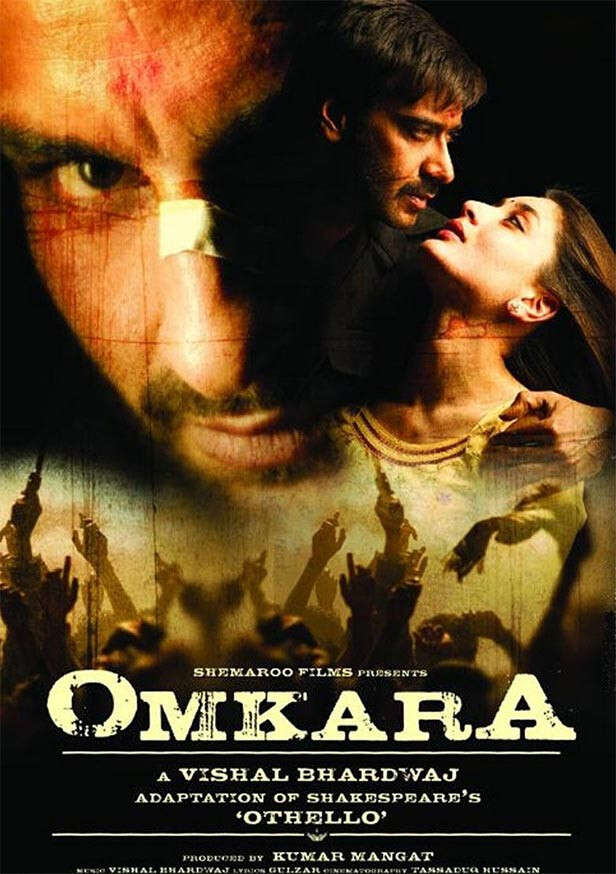
Omkara
Director: Vishal Bharadwaj
Cast: Saif Ali Khan, Ajay Devgn and Kareena Kapoor Khan
William Shakespeare’s play Othello was transformed in 2006 into the Hindi film Omkara. Whereas Othello is set in the Venetian culture between 1500 and 1750, Omkara is set in a traditional Indian village. The revered leader of a band of outlaws is Othello/Omkara. Iago/Keshav and Cassio/Ishwar were his two loyal men. Omkara marries Dolly/Desdemona after falling in love with her, but later kills her out of extreme jealousy and inferiority complex. Despite the year and cultural differences in the setting, Vishal Bharadwaj is able to properly adapt the Shakespearean tragedy to an Indian context while maintaining its enchantment.

Aisha
Director: Rajashree Ojha
Cast: Sonam Kapoor, Abhay Deol and Amrita Puri
This Bollywood film starring Sonam Kapoor was based on the well-known novel Emma by Jane Austen. The protagonist of the book is Emma Woodhouse, who considers herself to be an expert matchmaker and is constantly trying to move people around. Her friend Mr. Knightley disapproves of her work. Emma discovers her love for Knightley in the interim. The movie adaption is set in Delhi and features Aisha (Emma) and her friends from a wealthy neighbourhood. Despite the film’s mixed reviews, it greatly increased interest in Jane Austen in India.
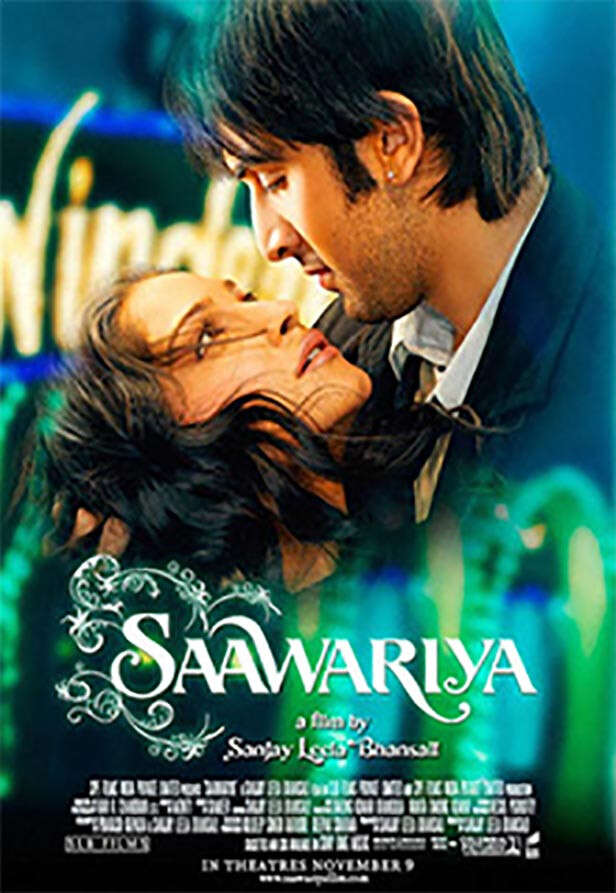
Saawariya
Director: Sanjay Leela Bhansali
Cast: Ranbir Kapoor, Sonam Kapoor, Salmaan Khan and Rani Mukerji
Sanjay Leela Bhansali transformed Fyodor Dostoyevsky’s White Nights into the enchanted film Saawariya. Dostoevsky’s tale, which is told in the third person, centres on a man who falls in love with a woman who later becomes engaged to another man. The basic plot of the film is the same as the story, but the location is incredibly unique and has its own character arcs and musical aspects. The film, despite its lacklustre box office performance, served to highlight Bhansali’s obvious love for Dostoevsky and White Nights.
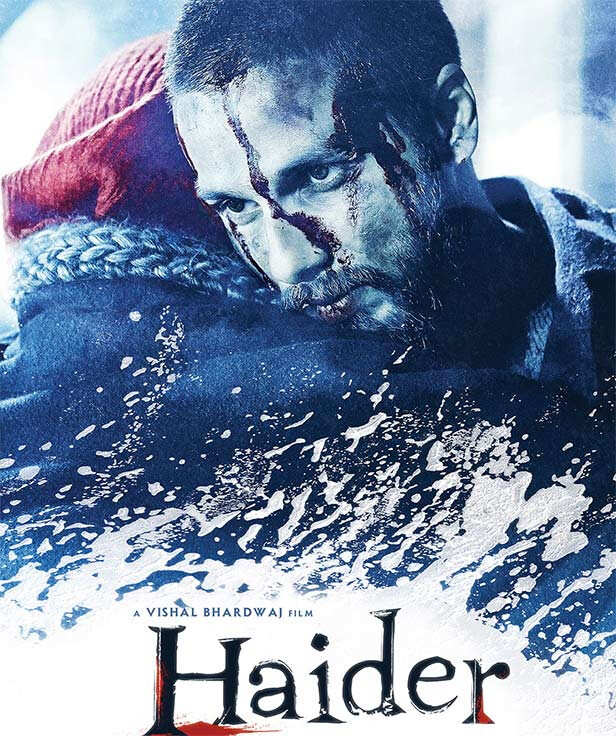
Haider
Director: Vishal Bharadwaj
Cast: Shahid Kapoor, Shraddha Kapoor and Tabu
The director of Bharadwaj’s Haider has added some Indian flavour to the script, which is a welcome change of pace even though the plot structure is similar to that of the Shakespearean tragedy. Yet, the play’s spirit is still present. Like Hamlet’s mother, Haider’s mother Ghazala weds his uncle Khurram after the death of Haider’s father. Haider spends a significant portion of the narrative debating whether Khurram killed his father.The unstable region of Kashmir offers a striking parallel to Hamlet’s journey, with a different though important climax. Shakespeare’s stories coming to life on the screen thanks to Bharadwaj’s talent only serves to demonstrate how applicable the Elizabethan writer and his wide range of issues are today.
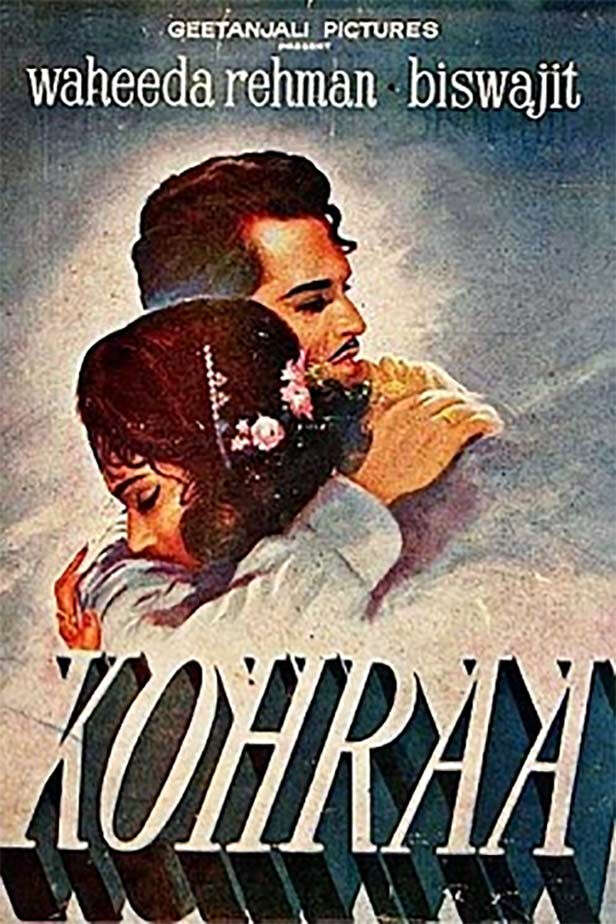
Kohraa
Director: Biren Nag
Cast: Waheeda Rehman, Biswajeet and Lalita Pawar
In the book Rebecca, a naive 20-year-old arrives at the expansive Cornwell estate freshly married after widower Maxim de Winter makes a marriage proposal to the narrator. She soon understands, however, that de Winter might still be grieving for his late wife Rebecca, whose shadow still casts a palpable gloom over the estate and gives her the chills. The book was turned into an Indian film titled Kohraa. Although Biren Nag added paranormal happenings and altered the finale, the story centres on a newlywed wife who is attacked by the ghost of her husband’s deceased wife. Waheeda Rehman received praise for her major role. Only a few supernatural components were added, but the suspense and terror were still present.
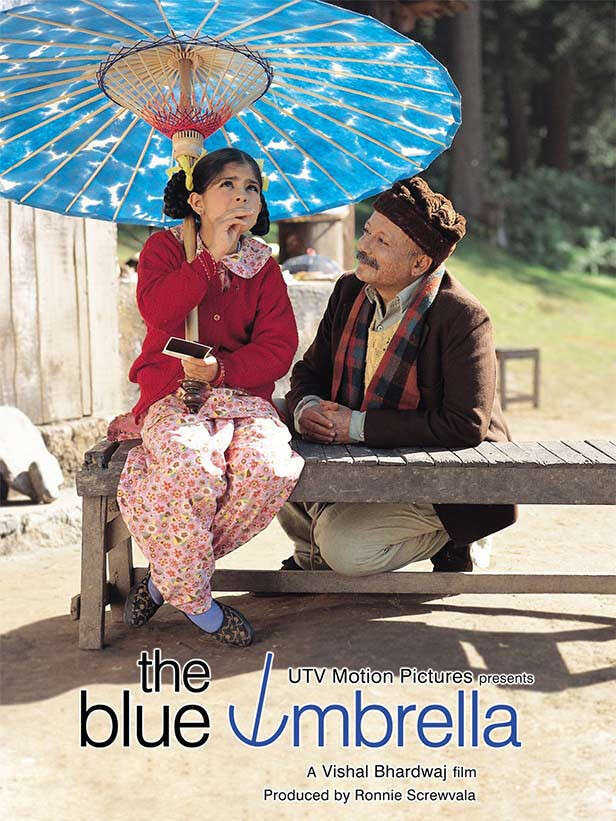
The Blue Umbrella
Director: Vishal Bharadwaj
Cast: Pankaj Kapur, Shreya Sharma, Piu Dutt, Deepak Dobriyal
A movie with the same name was made from Ruskin Bond’s book, and it went on to win the National Award for Best Children’s Film. The narrative centres on a blue umbrella that young Binya has, as suggested by the title. The merchant Ram Bharosa desperately wants the umbrella and makes an unsuccessful attempt to trade it. After a series of incidents, Binya offers the shopkeeper her umbrella, and in return, she gives her a necklace. The film also tells the story in a comforting way, adding drama as needed to give the already charming tale some colour.
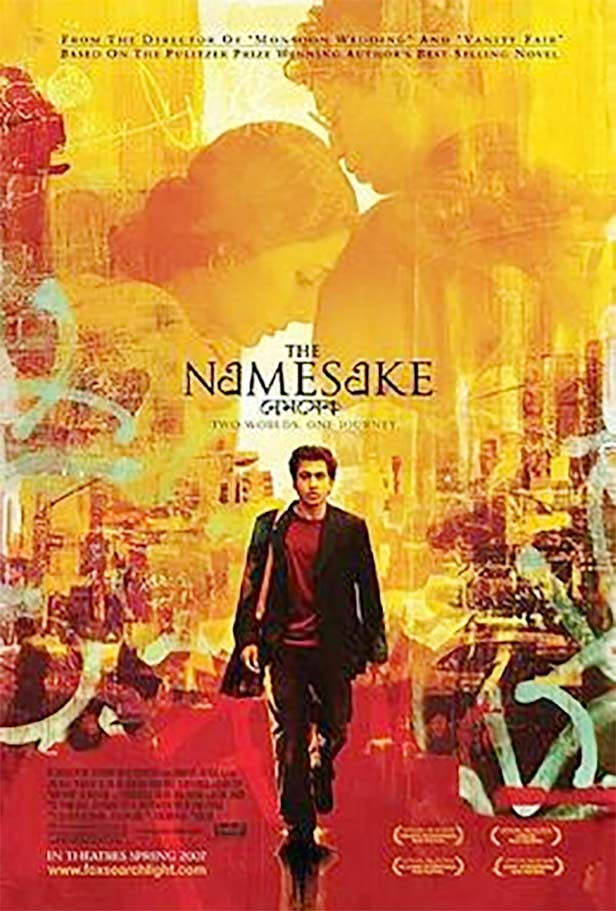
The Namesake
Director: Mira Nair
Cast: Irrfan Khan, Tabu and Kal Penn
The Namesake, the debut book by Pulitzer Prize winner Jhumpa Lahiri, was brilliantly and faithfully adapted into a film by filmmaker Meera Nair. The Ganguli family is followed as they leave Calcutta to start a new life in America in this story. It demonstrates how their son Gogol struggles with his parentage and sense of self as an American-Indian. This charming book explores immigrant stories, the mingling of cultures, and the complex relationships between generations. Together with Kal Penn’s outstanding performance, the film gained numerous international prizes alongside Irrfaan Khan and Tabu in the key roles.










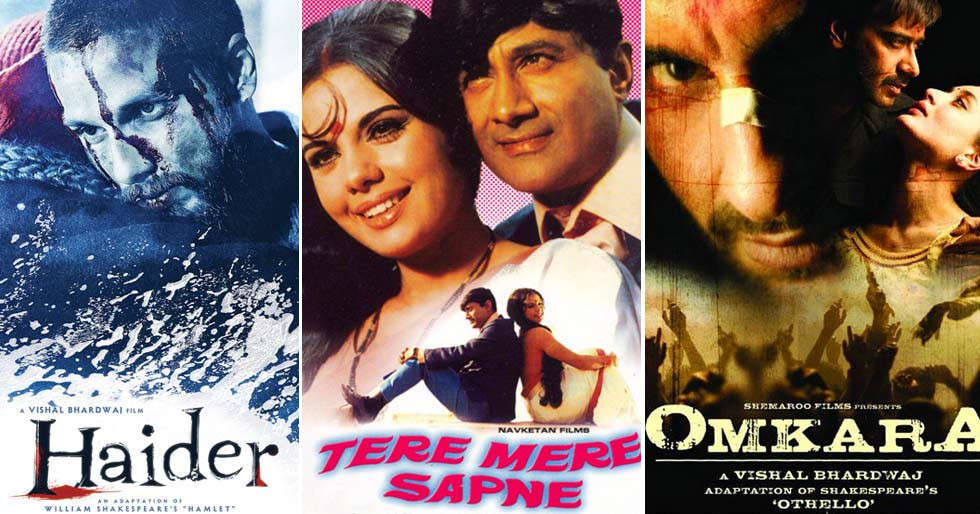









Discussion about this post